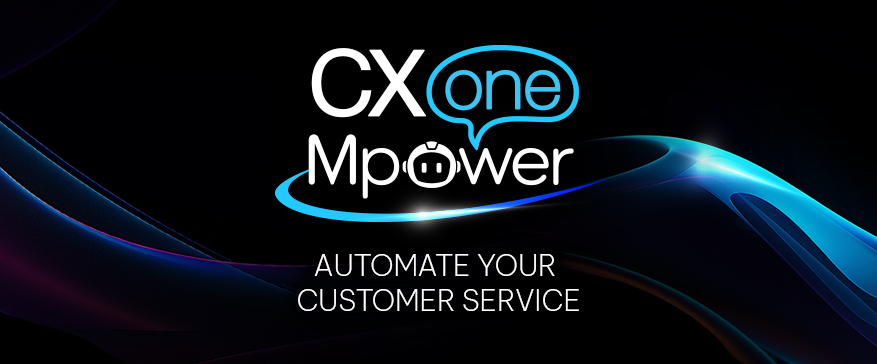‘Sensitive personal data’
The first thing to consider is what exactly constitutes “sensitive personal data” that the new laws are intended to protect?The various states all agree that race, ethnic origin, religion, philosophical beliefs, biometric data, and personal health information fall under the rubric of sensitive personal data. But that’s where it ends.California has adopted the broadest definition, including items that no other state does, such as ID numbers (SSN, passport, etc.), account and credit card numbers, union membership, and email texts. Virginia and Colorado, on other end of the scale, use the most limited definition of all the states on our list.Consent
Another aspect of data privacy is consent laws, which can cover voice recordings and data collection. For recordings, US federal law and most states only require one party to a conversation to give consent, but 11 states require all-party consent. Adding to the patchwork quilt of recording laws is the fact that some states require consent to be explicitly stated, whereas other states accept implied consent based on behavior or location.As for data collection, all the new state laws allow people to opt-out at any time and demand that their personal information (as defined in each state) not be captured by a particular company. Most have an opt-in clause, which requires businesses to obtain consent from individuals before collecting sensitive personal information (or information on known children). Some states also require businesses to recognize and respect automated opt-out preference signals (global privacy controls, such a browser settings and the like).Enforcement and penalties
Most of the US state data privacy laws do not include a provision providing a private right of action, although a civilian complaint may trigger an investigation. On the other hand, the CPRA allows private individuals to initiate legal action in response to data breaches that compromise their personal data.As already noted, penalties for violating the various laws differ according to state. Utah and Connecticut, for example, impose a fine of $5,000 per violation; however, Iowa and Utah allow the organization a grace period of 90 and 30 days, respectively, to correct the breach of data privacy. Montana’s 60-day cure period provision, on the other hand, will terminate on April 1, 2026. Tennessee will triple fines for willful or knowing violations of the law, while Colorado caps possible penalties at $500,000.Future outlook
Tighter data privacy and protection requirements in the US - covering a wider scope of activities and providing more extensive enforcement options - are primarily designed to prevent deceptive business practices, negligence, and fraud. The rapid development of communication technology and channels will make this process even more urgent and critical.That’s why the immediate forecast is for more US states and jurisdictions to join this trend in the coming months and years. While no federal law governing online privacy has yet been enacted by Congress, a new bill – the American Data Privacy and Protection Act, H.R. 8152 – passed through the House Energy and Commerce Committee nearly without opposition in July 2022. The proposed legislation would standardize and unify protections and corporate obligations, and empower the Federal Trade Commission to issue regulations and enforce compliance.Stay tuned.How NICE Compliance Center can help you
NICE Compliance Center reduces complexities and turns regulatory compliance headaches into easy, automated, simplified tasks. It will assist you in dealing with all the rapidly developing changes to global data privacy standards, as we’ve seen most recently in the US market. Whether you are a brick-and-mortar contact center or cloud-based, NICE Compliance Center will keep you in the race and give you peace of mind.Uncompromising compliance
For effective compliance in the contact center, you need real-time active monitoring, analysis, and agent guidance. You also need to be able to capture, retain, identify, and retrieve every customer interaction in the event of a claimed regulatory breach.NICE Compliance Center Key Features
- Compliance Assurance dashboards with widgets for detecting violations and taking corrective actions.
- DIY Policy Manager with automated processes and approval flows for deletion, extraction, retention, playback lock, and litigation hold.
- Real-time agent notifications for recording assurance, pause, resume, and audio loss with ConnectAPI or IntelliAgent.
- Analytics insights for violation detection, consent management, PCI detection, and script adherence.
- Comply with multiple regulations: MiFID II, HIPAA, Dodd-Frank Act, FCA, GDPR, PCI-DSS, CCPA/CRPA, PIPEDA, ECPA, PDPA, PDPB, and more.
- Ensure interactions are safely stored and discoverable, including tagging for search and retrieval – one of the most challenging aspects for database compliance.
- Reduce the time and complexity involved in carrying out policy updates, such as changing retention periods.
- Evaluate compliance levels for any team, at any time.









